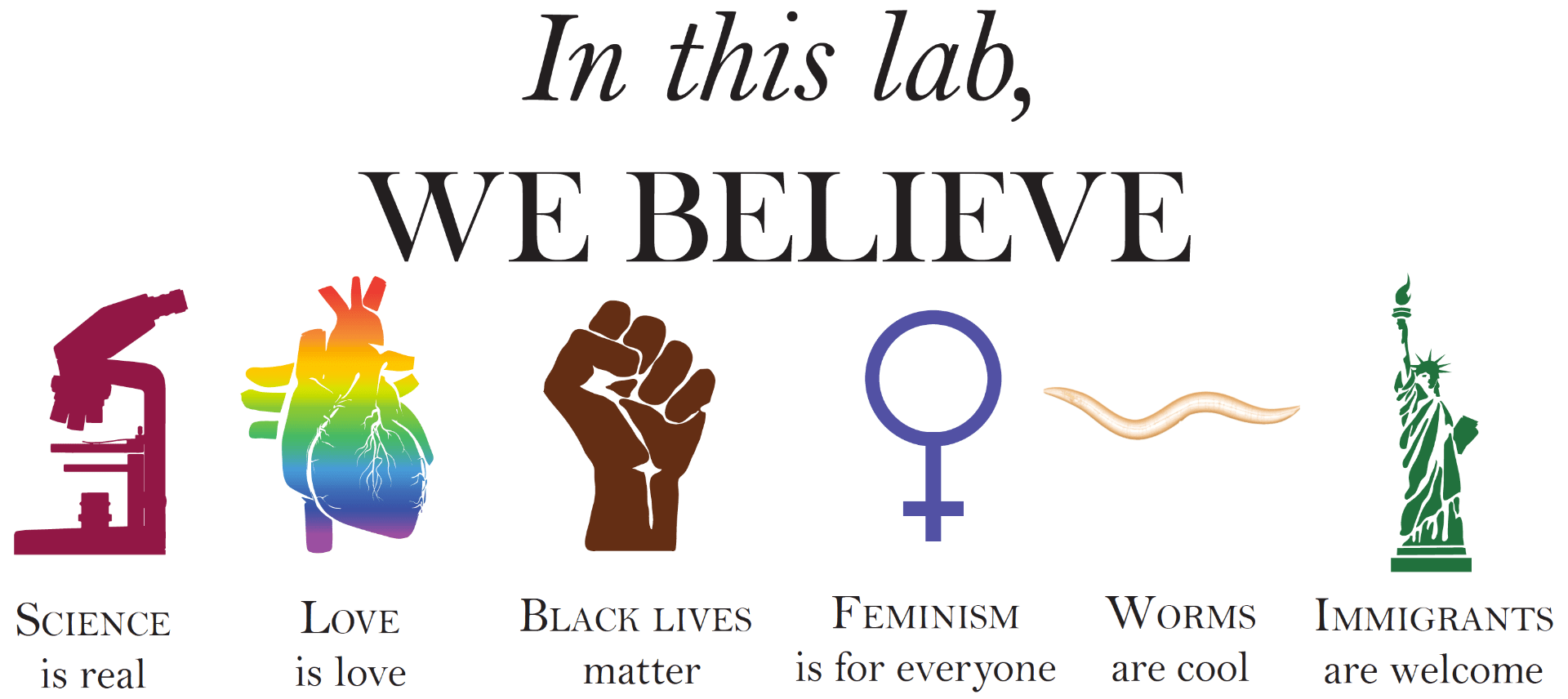
Improving global health through (meta)genomics studies of neglected parasites
More than 3 billion people worldwide live on less than $2.50 a day. The majority live in low- and middle- income countries, and some in vulnerable communities of high-income countries. Chronic infections in these populations are predominated by parasitic helminths. Helminth infections are typified by long term chronicity accompanied with various symptoms (pain, malnutrition, physical disabilities, rectal prolapse, deformity), cause growth impairment in children, anemia, adverse outcomes in pregnant women and reduced productivity in adults, which all conspire to promote and maintain poverty.
Dr. Mitreva’s lab uses systems biology approaches to provide fundamental molecular information for these parasitic infections of importance to global health. The acquired knowledge accelerates both basic and translational research and provides practical results for global health improvement.
We have a broad interest in global health improvement which is reflected in many other collaborative projects, including malaria, tuberculosis and medical metagenomics.

This pledge is meant to express our belief that racial justice and support for marginalized communities cannot be separated from the practice of science. We must actively work to recognize the obstacles that scientists (and potential scientists) from marginalized communities face, and dismantle structures of power that prevent them from succeeding. We must also consider the effects of our research and research choices on marginalized communities. For more information please visit https://sammykatta.com/diversity